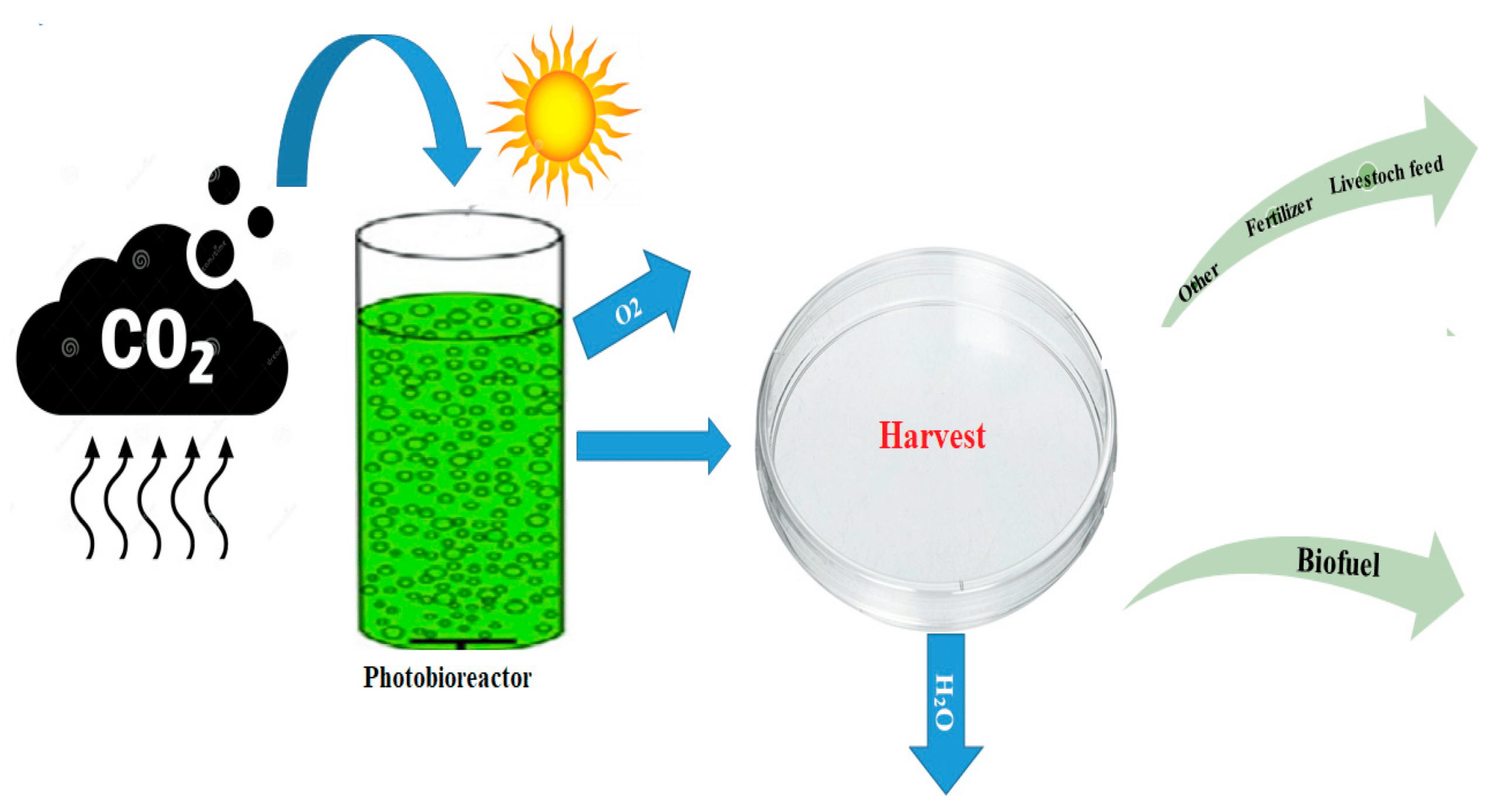Innovative Method for Carbon Dioxide Reduction in Agriculture

Recent research has unveiled a promising method to reduce carbon dioxide (CO2) levels in the atmosphere. This approach involves using specific minerals that could be integrated into agricultural practices. By accelerating the natural process of carbon mineralization, this method has the potential to significantly enhance carbon removal efforts. Scientists suggest that modifying certain minerals can lead to faster CO2 absorption and stabilization in solid compounds. This innovation could not only aid in climate mitigation but also improve agricultural productivity.
Study Identifies Faster Carbon Capture Process
A groundbreaking study published in the journal *Nature* highlights the efficiency of calcium silicates in capturing CO2. Researchers found that these minerals react with carbon dioxide more effectively than the commonly used magnesium silicates. This increased reaction speed positions calcium silicates as a viable option for large-scale carbon removal initiatives. The study was led by Matthew Kanan, a chemist at Stanford University, along with postdoctoral researcher Yuxuan Chen.
The researchers propose that integrating calcium silicates into agricultural soils could yield dual benefits. Not only would it enhance soil quality, but it would also contribute to the removal of atmospheric CO2. This dual-purpose approach could help farmers improve crop yields while simultaneously addressing climate change. The findings suggest that utilizing these materials in farming practices could be a game-changer in the fight against rising CO2 levels.
Mineral Conversion Could Enhance Efficiency
To produce calcium silicates, researchers developed a method that involves heating a mixture of calcium oxide (CaO) and magnesium silicates at high temperatures. This innovative process facilitates a mineral exchange, resulting in a material that binds CO2 thousands of times faster than natural weathering processes. Kanan emphasized that while magnesium silicates are abundant, calcium silicates are less readily available and require additional processing.
The study outlines a technique to generate CaO from limestone, which is a common source of calcium. However, capturing emissions from this process remains a challenge that researchers are actively addressing. The ability to produce calcium silicates efficiently could lead to significant advancements in carbon capture technology. By enhancing the efficiency of mineral conversion, this method could play a crucial role in reducing atmospheric CO2 levels.
Practical Implications for Agriculture
Farmers currently apply about one billion tons of calcium carbonate annually to reduce soil acidity. The introduction of calcium silicate and magnesium oxide could serve the same purpose while also capturing CO2. This dual functionality presents an exciting opportunity for agricultural practices. Field trials are already underway in Louisiana and New Jersey to evaluate the potential impacts on soil health and crop productivity.
However, before large-scale implementation, researchers are examining concerns regarding impurities in the minerals, such as trace metals. Ensuring the safety and efficacy of these materials is crucial for their acceptance in agricultural practices. If successful, this innovative approach could revolutionize how farmers manage soil health while contributing to global carbon reduction efforts. The integration of these minerals into farming could lead to a more sustainable agricultural system that benefits both the environment and food production.
Observer Voice is the one stop site for National, International news, Sports, Editor’s Choice, Art/culture contents, Quotes and much more. We also cover historical contents. Historical contents includes World History, Indian History, and what happened today. The website also covers Entertainment across the India and World.

